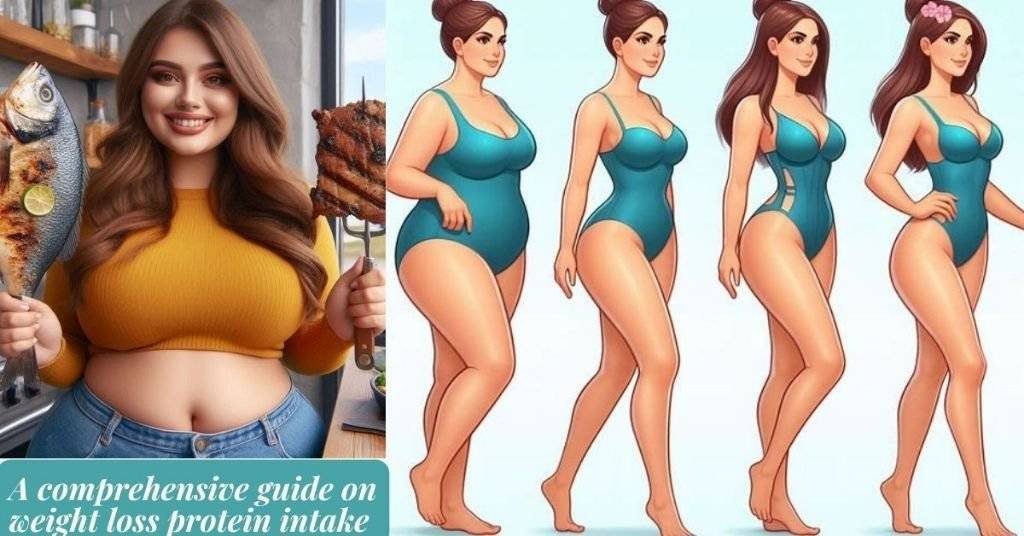
Table of Contents
A study on the subject of weight loss by the European Journal of Sports Science (EJSM)1 states that consuming 1.8 to 2.7g of protein daily per Kilogram of body weight is sufficient for weight loss while you are on an energy deficit of 500 calories and resistance training.
The study was also published in the National Library of Medicine (NLM)2 and was mentioned in an earlier article you may want to read. Going by this recommendation, for someone who weighs 60kg, the weight loss protein intake will range from 108 to 162g. The weight loss protein intake for a few other body weights is as shown in the table below:
| Body weight | Range of weight loss protein intake |
|---|---|
| 65kg | 117-175.5g |
| 70g | 126-189g |
| 80kg | 144-216g |
| 90kg | 162-243g |
| 100kg | 180-270g |
However, no matter the urgency for weight loss, it is not recommended for anyone to take more than 3.5g of protein per kilogram of body weight daily as stated in an earlier article you may want to read that discusses how much protein per day is too much. 3.5g of protein per kilogram body weight daily is the maximum daily recommendation for protein intake.
Taking more protein than this maximum daily value can result in several mild to serious health problems and even death, as discussed in another article you may be interested in.
In this article, we will take a deeper look at weight loss protein intake with a special highlight on the result of a one-month high-protein diet plan I recommended for a patient who happens to be a college professor.
High protein diet for weight loss.
Kindly keep in touch by signing up for our newsletter:
It is recommended about 20% of your daily calorie requirements should come from proteins. You are officially on a high protein diet when more than 35% of your daily calorie need comes from proteins as explained in a previous article you may want to read titled high protein and low carbohydrate diet.
The increase in protein intake is often accompanied by a reduction in the number of calories you get from carbs daily. The reduction in carbs also helps with weight loss. Otherwise, increasing protein consumption alone may not give you the result you are looking for. You may have to cut down on the calories from other macronutrients including fats for better results.
Combining high protein diets with a net deficit in calorie consumption and exercises gives you the best results as emphasized in the section above. This is the general recommendation though there are several pathways by which protein helps you lose weight as described in the American Journal of Clinical Nutrition (AJCN).
Which protein is best for weight loss?
Protein sources that are low in calories are specifically the best for weight loss and proteins from animal sources with less fats are the right fit. They easily help you achieve a high protein and low carb diet which encourages weight loss.
However, for health reasons, the saturated fatty acid content of your source of protein should also be considered. Foods with high saturated fatty acid content put you at risk of heart disease and several other diseases.
For the above-stated reasons, the best proteins you can safely take consistently over time for weight loss without significantly increasing your risk of heart disease are:
- Lean meats,
- Mycoprotein,
- Fish and other seafood,
- Low-fat dairy and other types of milk from plant sources like soy, almond, and coconut milk.
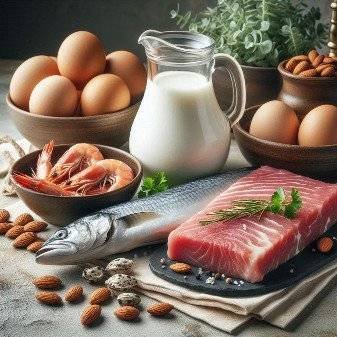
1-month high protein diet results.
This report is based on what was obtained from the weight loss program of a 73-year-old female. It was initiated as part of a holistic treatment approach for bilateral knee osteoarthritis (OA). The following data was obtained prior to the commencement of the program.
- Sex: Female.
- Job: College/University professor.
- Initial body weight: 82kg.
- Reasons for weight loss: Bilateral knee Osteoarthritis.
- Assessment interval: Weekly, or every 7 days.
- Instrument of measurement: Bathroom scale.
- Method of Weight Loss: Increase in protein consumption plus unspecified minor calorie deficit.
It is worthy of note the professor eats foods made from refined carbohydrates and sugar since her body could handle them as she wasn’t diabetic. The first few weeks were a bit inconsistent as we tried to adjust her feeding habits, appetite management, and sources of protein.
I also placed her on a forward head posture correctional program which ran concurrently with the weight loss plan. Her weight and Tragus to wall distance (TWD) were assessed weekly. Though she had amazing results in her other program, we’ll focus on the results from her weight measurements in keeping with the topic under discussion.
At the end of the first week, she weighed 81kg which represented a drop of 1kg from initial weight. However, she was yet to get used to the diet restrictions. As we tried making adjustments to that she added 0.5kg by the end of the 2nd week. Her weight at week 2 was 81.5kg which was only 0.5kg less than where we started.
We had to analyze her diet again to make adjustments where I felt it was necessary.
Shortly after the 2nd week I had flu and wasn’t available to assess her and she also used the opportunity to make an important official trip which resulted in a week break. Notwithstanding, we were in touch the whole time and she endeavored to continue with her weight loss plan though it was difficult keeping to her diet plan while she was away.
It took two weeks from my last assessment before I was able to assess her again. This time she weighed 80.5kg. This represented a drop of 1kg from my last assessment 2 weeks earlier and 1.5kg from her initial body weight before the commencement of the program. From this point, things became more consistent as she didn’t embark on any more trips and adhered to the program plan.
At the end of another week, she dropped 0.5kg which was a modest gain but we reviewed the entire plan once again. I advised her to take more water if she feels like eating between meals and also after meals. She then asked questions for clarification on areas she wasn’t sure about.
It was from this point, following the program review, that we started getting more robust results. Below are the results we had in subsequent assessments for the next 4 weeks starting from the 3rd week when she weighed 80.5kg.
| Week | Body weight(starting weight: 80.5kg) | Drop in weight |
|---|---|---|
| 4th | 80kg | 0.5kg |
| 5th | 79kg | 1kg |
| 6th | 78kg | 1kg |
| 7th | 76kg | 2kg |
| Total: 1 month | Total weight drop in 1 month: 4.5kg |
The sequence of her weight loss is as follows:
- 1st to 3rd week: 1.5kg
- 4th to 7th week (1 month): 4.5kg
- Total weight lost: 6kg
- Total time taken: 7 weeks.
So she lost a total of 6kg within 7 weeks of her weight loss program by increasing protein intake.
How to increase protein intake for weight loss.
There is usually a fairly stable portion of food your stomach can take to achieve feelings of satiety. There are three main macronutrients namely:
Carbohydrates,
Proteins, and
Fats.
Of these, carbs are recommended to contribute up to 55% of your daily calorie needs while fats take up 25%. Proteins contribute the least which is 20%. To increase the amount of protein content in your diet for weight loss there must be a commensurate decrease in the portion of carbs and fats you are taking.
Where you fail to reduce other types of nutrients, taking sufficiently more proteins for weight loss will be difficult because your stomach has limited capacity for foods.
Assuming you are able to maintain the portion sizes of carbs and fats in your meal while increasing the amount of protein intake, you may only end up with weight gain as each extra gram of protein you consume gives you an extra 4 calories in addition to the ones you get from other nutrients.
For weight loss, any increase in protein intake must be accompanied by a reduction in carbs and fats, especially fats because they are a major contributor to weight gain. Each gram of fat yields 9 calories whereas a gram of carbohydrate or protein yields only 4 calories.
The above assertion clarifies the importance of reducing your fat consumption as much as possible, healthwise, for weight loss. For instance, if you aim to make 50% of your daily calorie intake come from proteins, you may want to reduce calories from fats to about 15% and carbohydrates to 35% thus:
- Carbs- 35%
- Proteins- 50%
- Fats- 15%
While on this, it’s also important to ensure you obtain your protein from healthy sources that are not high in saturated fats as mentioned earlier in this article.
How much protein should a woman eat to lose weight?
If you are a woman looking to lose weight, the amount of protein needed to help you achieve that chiefly depends on your body weight. The heavier you are, the more the daily protein intake needed to help you lose weight. On that note, a woman weighing 90kg will need a lot more protein daily to help her lose weight than someone weighing 50kg. The same applies to the men.
A table has already been made on this in the first section of this topic but there is an earlier and more detailed table in a section of another article you may want to read titled “How much protein do women need to lose weight?”.
Weight gain protein intake.

I have stressed it before in previous topics that proteins are not ideal nutrients for weight gain except you are talking about building muscles. If you want to gain weight, plan to consume more fats and carbs, especially refined carbs. The body easily stores excess of these macronutrients but excess proteins are not stored in the body in a similar fashion.
Eating more proteins than your body requires is the theme of this article and you can see it drives weight loss rather than weight gain. Proteins help in building muscles. People looking to build muscles by consuming more proteins usually shed fats which ultimately result in a net weight loss.
However, there are circumstances where muscle gain can mean weight gain. If you are a skinny person lacking both fats and good musculature, eating more proteins to gain more muscles can translate to weight gain. In such circumstances, you’ll need about 1-1.6g of protein per kg of your body weight daily to gain weight via an increase in muscle mass. The exact amount of protein needed for weight gain will depend on your level of physical activity as covered in another topic you may want to read.
Furthermore, If one eats more proteins without a corresponding reduction in other macronutrients, there can be weight gain but that route cannot be as effective as working to gain weight via consumption of more fats and carbs.
Having seen higher protein consumption promotes weight loss, if one must give a figure for weight gain protein intake it should take the form of consuming less protein than your actual daily requirement. You then make up for the reduced protein intake with more carbs and fats to achieve satiety.
In other words, your weight gain protein intake becomes something close to the minimum daily protein requirement of 0.8g/kg/day. This keeps your body going with respect to your protein needs while you boost your carbs and fat consumption to gain the needed weight.
I hope this piece was insightful. Feel free to ask questions on any area that sounds ambiguous. Meanwhile, see you on the next topic.
References.
- Murphy, C. H., Hector, A. J., & Phillips, S. M. (2014). Considerations for protein intake in managing weight loss in athletes. European Journal of Sport Science, 15(1), 21–28. https://doi.org/10.1080/17461391.2014.936325 ↩︎
- Murphy CH, Hector AJ, Phillips SM. Considerations for protein intake in managing weight loss in athletes. Eur J Sport Sci. 2015;15(1):21-8. doi: 10.1080/17461391.2014.936325. Epub 2014 Jul 11. PMID: 25014731. ↩︎



























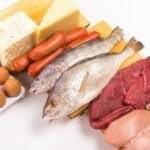
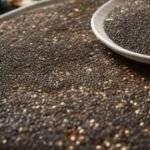



















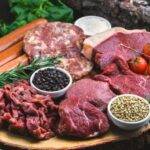






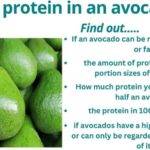





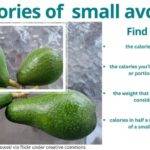
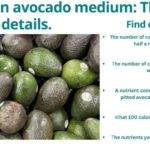
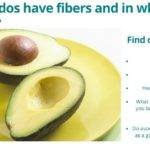
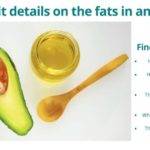










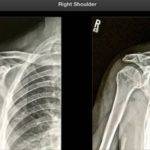



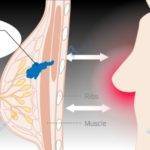
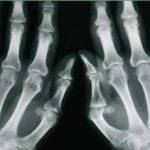
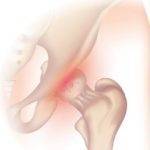






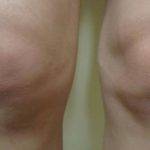

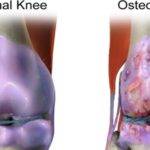
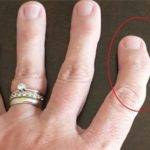
















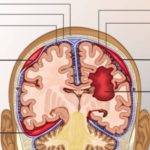
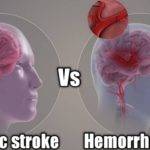
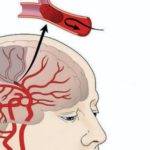


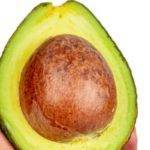














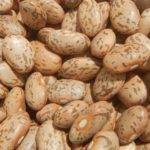
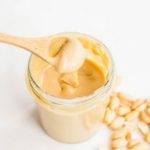








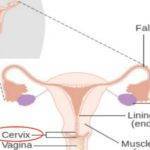

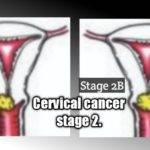
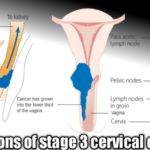
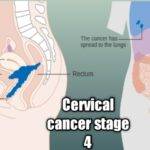









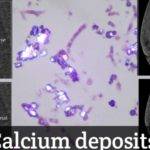


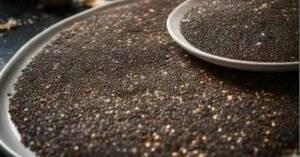
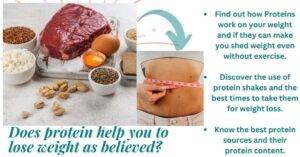


Great job. I did not expect this depth of info. It’s impressive. Thanks!